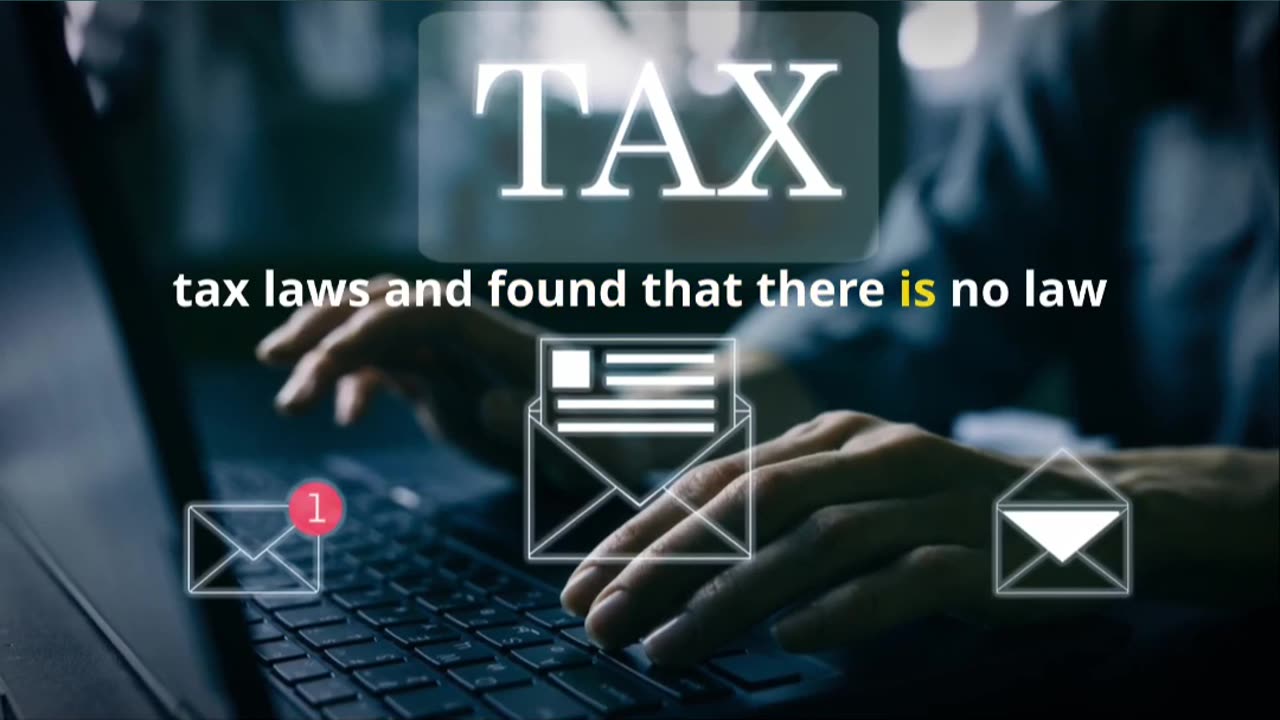Premium Only Content

AI vs. Legal System: Exposing the Truth
The video discusses the significance of maritime law over common law and myths surrounding IRS taxation, highlighting the role of AI in understanding and challenging legal systems.
[09:55-10:46]
Maritime law prevails over common law, with AI aiding in legal sovereignty and the understanding that courts prioritize financial motives over justice.
5, maritime law versus common law and natural law. Maritime or admiralty law. The legal system operates under admiralty law, the law of the sea, rather than common law, the law of the land. This is why courts use terms like dock, as in a ship docking, birth certificate, like a ship's manifest, and currency, the flow of water. Judges as bankers. Courts are not places of justice but financial institutions. Every case is about money and courts operate as debt collection agencies rather than places of truth and justice. Common law and sovereignty. People are using AI to study common law, which recognizes living beings with inherent rights rather than corporate fictions. AI is helping people draft legal notices, challenge court jurisdiction, and navigate sovereignty processes.
[10:46-11:27]
The IRS operates as a private corporation enforcing voluntary taxation through deception, with AI assisting individuals in challenging tax claims and understanding their rights.
Taxation is voluntary and the IRS fraud. No law requires income. Tax researchers have used AI to fact-check U.S. tax laws and found that there is no law requiring individuals to pay income tax. It is enforced through fear and deception. The IRS is a private corporation. The IRS is not a government agency, but a private corporation linked to the Federal Reserve. Taxes as Contracts People unknowingly enter tax contracts when they sign W-IV forms or accept certain government benefits. Without consent, taxation is illegal. AI is helping people study tax codes, challenge IRS claims, and assert their right to opt out of fraudulent tax schemes.
-
 38:39
38:39
VINCE
2 hours agoThis Is How The Media Spins The News | Episode 111 - 08/26/25
42.9K37 -
 LIVE
LIVE
Badlands Media
7 hours agoBadlands Daily: August 26, 2025
3,998 watching -
 LIVE
LIVE
GritsGG
2 hours agoWin Streaking! Coloring Hair at End of Stream! Most Wins 3435+ 🧠
149 watching -
 1:56:45
1:56:45
Dear America
2 hours agoNO MORE BURNING FLAGS!! 🇺🇸 Trump Signs Order Making It ILLEGAL!! + Trump Is SUING NEWSOM!
73.8K57 -
 LIVE
LIVE
JuicyJohns
2 hours ago $0.64 earned🟢#1 REBIRTH PLAYER 10.2+ KD🟢
109 watching -
 1:56:23
1:56:23
Law&Crime
2 hours ago $0.63 earnedLIVE: Adelson Matriarch Murder Trial — FL v. Donna Adelson — Day 3
10.7K -
 LIVE
LIVE
Major League Fishing
4 days agoLIVE! - Fishing Clash Team Series: Challenge Cup - Day 3
161 watching -
 LIVE
LIVE
Surviving The Survivor: #BestGuests in True Crime
2 hours agoCourt Stream: Donna Adelson Trial DAY 3 of Testimony
62 watching -
 LIVE
LIVE
Wendy Bell Radio
6 hours agoWhat Hill Will Democrats Choose To Die On?
7,923 watching -
 1:15:15
1:15:15
JULIE GREEN MINISTRIES
4 hours agoTHE CIA HAS BEEN A GIANT IN THIS LAND THAT WILL BE TAKEN OUT
91.4K153